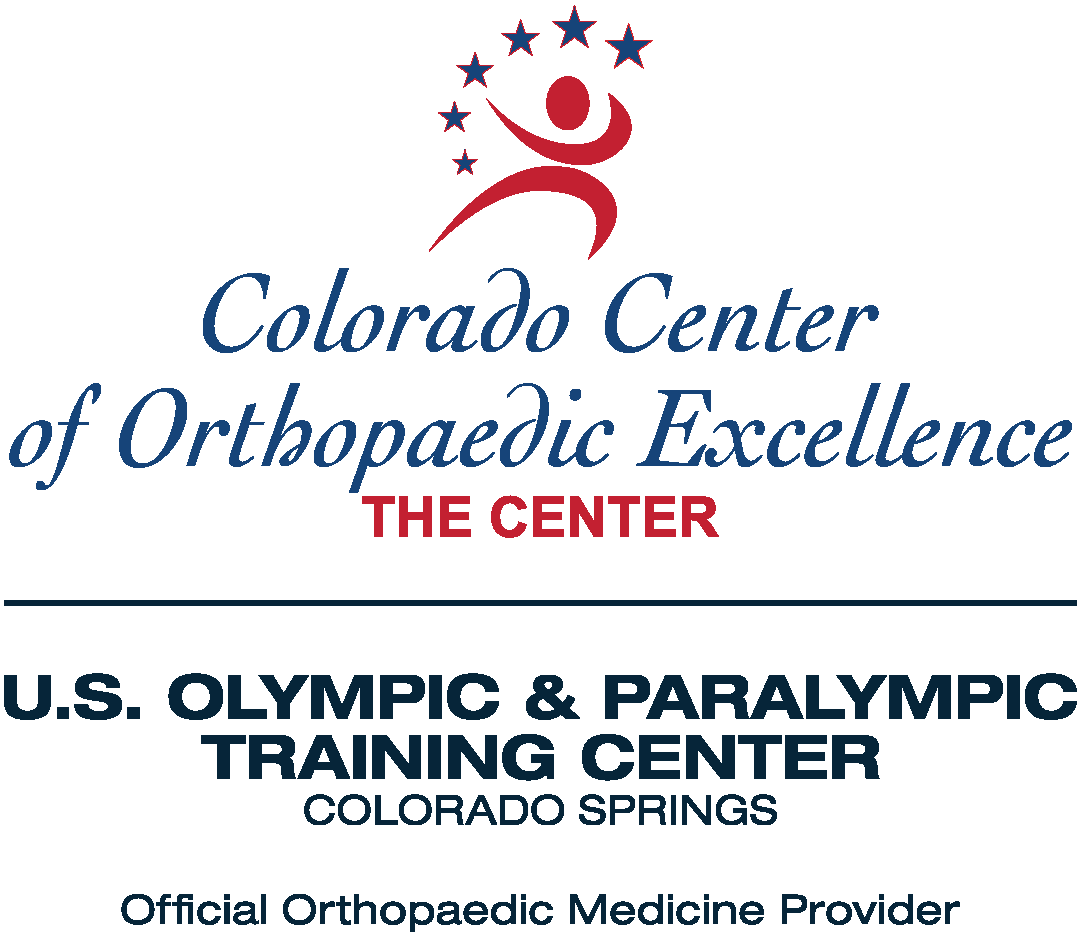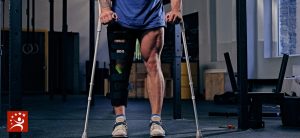If you need hip surgery, it’s important to have as much information about the procedure, recovery and what kind of outcome you may expect. In addition to researching a practice and the surgeon’s reputation, these are some frequently asked questions (FAQs) for your orthopedic surgeon before having hip surgery.
What exactly is the hip procedure?
Although most hip surgeries involve joint replacement, or arthroplasty, there are other hip procedures performed for various conditions. Here are the most common:
· Total hip replacement – usually performed to treat osteoarthritis of the hip that has progressed to the point of severe and constant pain that interferes with movement. The damaged part of the joint is cut away or removed, including the end of the femur (the ball of the joint) and cartilage and soft tissues from the inside of the joint. They are replaced with a smooth ball that fits into a prosthetic socket usually made of ceramic or steel.
· Hip resurfacing – similar to total hip replacement, prosthetic materials are implanted in the body to replace the hip joint. With hip resurfacing, the head of the femur is fitted with a smooth cap instead of removing the bone area and replacing it with a ball. The socket implanted in the hip fits the resurfaced femur for smooth and pain-free movement.
· Partial hip replacement – if the end of the femur suffers a bad fracture, a partial hip replacement may be necessary to restore movement. In that case, the femur head is removed and replaced with a ball but the rest of the hip joint is left intact.
· Hip arthroplasty – using small instruments fitted with a light and camera, the surgeon can remove damaged cartilage from the labrum, or the rim of the hip socket, and any small growths from the femur. This minimally-invasive procedure can be both diagnostic and therapeutic.
Is hip surgery necessary?
Have you tried more conservative methods of treatment for your condition? What are the options? Why does your doctor feel that hip surgery is the best course of action for your care? Some non-surgical treatments for hip conditions like osteoarthritis include physical therapy, assistive devices, non-steroidal anti-inflammatory drugs (NSAIDs) or corticosteroids, and viscosupplementation.
What is the timeline for recovery?
Recovery can take time and effort after hip surgery. Does the procedure require a hospital stay, and if so, how many days? When will you be able to get around without help? When can you expect to drive, and return to work? Is physical therapy part of recovery? How many times per week?
If you are in a great deal of pain or feeling emotional about your treatment options, it may be helpful to bring someone with you to your appointment who can help ask questions and remember the details of what is said. If you don’t have that option, bring a notebook where you write your questions before the visit and take notes.
If you have an orthopedic hip condition or injury, the board-certified orthopedic surgeons at the Colorado Center for Orthopaedic Excellence in Colorado Springs can help. Call (719) 623-1050 for an appointment today.







